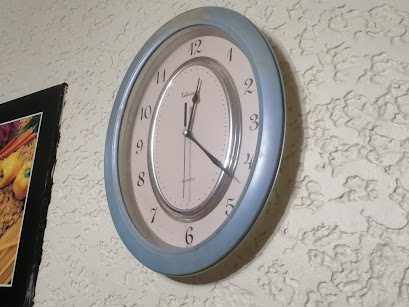A New Beginning
A New Beginning
Published: September 22, 2023
(by yours truly: Mervin Manaois)
Unfortunately, I lost my passion for
journalism, as everything I now do hereon has been for compliance.
Nevertheless, I found investigative journalism serves one of my interests, the
primary being news reporting. Throughout the first two weeks of attending J
105, what stuck out to me was the shared quote about documents and data being
the bricks and interviews as the mortar to hold the objects. Investigative
journalism is indeed a time-intensive process – but so long as one is
passionate or fascinated by a particular topic – the drive to produce quality
output beyond news is immense.
First and foremost, it is true that
among the countless factual and false information in the media, one may find a
piece of news whose details one can deepen. For instance, I remember my past
professor who told a story about a regular report from GMA about crime in an
area. She added that Jessica Soho noticed many individuals had markings by
their sides – leading to an investigative story about organ selling of mainly
kidneys. Furthermore, Mark Lee Hunter’s article on investigative journalism
enlightened me that the discipline emphasizes making “original” stories.
Moreover, I then realized making a documentary is similar to formulating an
investigative report.
In my class last year on BJ 101 – we started by conceptualizing a story, proposing, finding sources, shooting, editing, writing, rewriting, re-editing, and post-production. Our documentary about ROTC focuses on knowing the program and misconceptions in which our foundation lies on existing stories. Such stories are news about Mark Chua’s death, history of hazing, and brutality. We sniffed, conceptualized, and interviewed many willing individuals to investigate what ROTC is like from Cadet Officers’ (CO) viewpoints (COs are student teachers of the program). After post-production, we deduced what ROTC is as an NSTP component and its conduct at the University of the Philippines – Diliman.
Our documentary back
then is merely a small introduction to what I may experience in the
investigative discipline because I have to be mindful of whom I engage with and
what sources to look into. Similar to our investigative process of sniffing,
conceptualizing, and such, I expect throughout our course (J 105) that I will
dive into familiar sequences and intensive research. However, unlike a
documentary, I may practice investigative reporting by being more careful and
rigorous when I am now in the field. Moreover, from Hunter’s guide, I have to
evaluate stories on a deeper level and treat them not as class projects.
Ultimately, investigative journalism aims to create an insightful report based on several stories. I may use what I learned in our reading and experience in BJ 101 as a guide in taking the investigative discipline because of the similar processes from formulation to publishing. Moreover, Hunter’s work enhanced my interest in uncovering and reporting on critical issues affecting society. I hope to do so in the forthcoming months to create impactful investigative work using storytelling techniques while upholding ethical standards.




Comments
Post a Comment